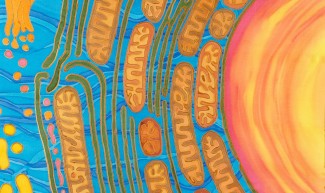In 2024, Paris Brain Institute launched the ambitious initiative of major cross-functional, interdisciplinary and collaborative research programs.
Major cross-functional projects aim to make transformative contributions in their respective fields and to foster synergistic collaborations within the Institute and at the international level. The teams of Paris Brain Institute seek to build bridges between different disciplines, different approaches, and within a broad panel of neurodegenerative pathologies. The objective of this profoundly interdisciplinary approach is to create new fields of exploration at the interfaces, to allow the emergence of new ideas and hypotheses at the borders of current knowledge, by questioning current challenges in new ways. Some of these projects are conducted with international centres of research excellence, which represents a strategic approach to broadening the overall scope of our research.
Purpose of Major cross-functional projects
The ultimate aim of these cross-functional programmes is to open up concrete prospects by speeding up translational and clinical research into new treatments and solutions for the pathologies of the brain, with the idea of positively impacting the lives of nearly a billion patients worldwide by aiming at the prevention, repair or mitigation of the challenges posed by the pathologies of the brain.
The four Major cross-functional projects
- Major cross-functional project NEUROPREMS (project leaders: Alexandra Durr, Jean-Christophe Corvol) - Neurodegenerative and inflammatory markers in pre-symptomatic neurodegenerative diseases.
- Major cross-functional project Deep Brain Stimulation (DBS) (Project Leader Claire Wyart) - An approach to motor circuits linking genes to behaviour in Parkinson's disease. To learn more about the big DBS transversal project.
- Major Cross-functional Project NEIMO (Project Leaders Jean-Léon Thomas, Stéphanie Lenck) - Neuroinflammation Surveillance, a collaborative initiative between Paris Brain Institute and Yale University (US).
- Major Cross-functional project Brain Functional Genome Program (BFGP) (Project Leader: Bassem Hassan) - From Genomic Variation to Clinical Diagnosis: The Human Functional Genome Project.
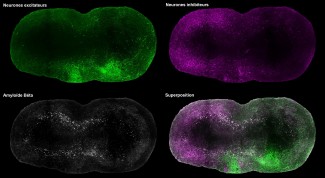
Deepen our understanding of the human brain during development
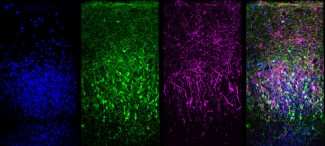
From Parkinson disase mutations to motor dysfunction & rehabilitation
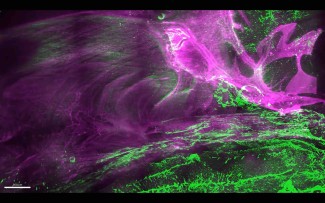
Understanding neuroinflammation to cure brain diseases
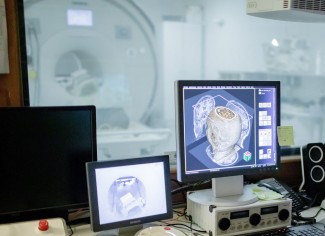
Redefining neurodegenerative & neuroinflammatory disease boundaries and trajectories


